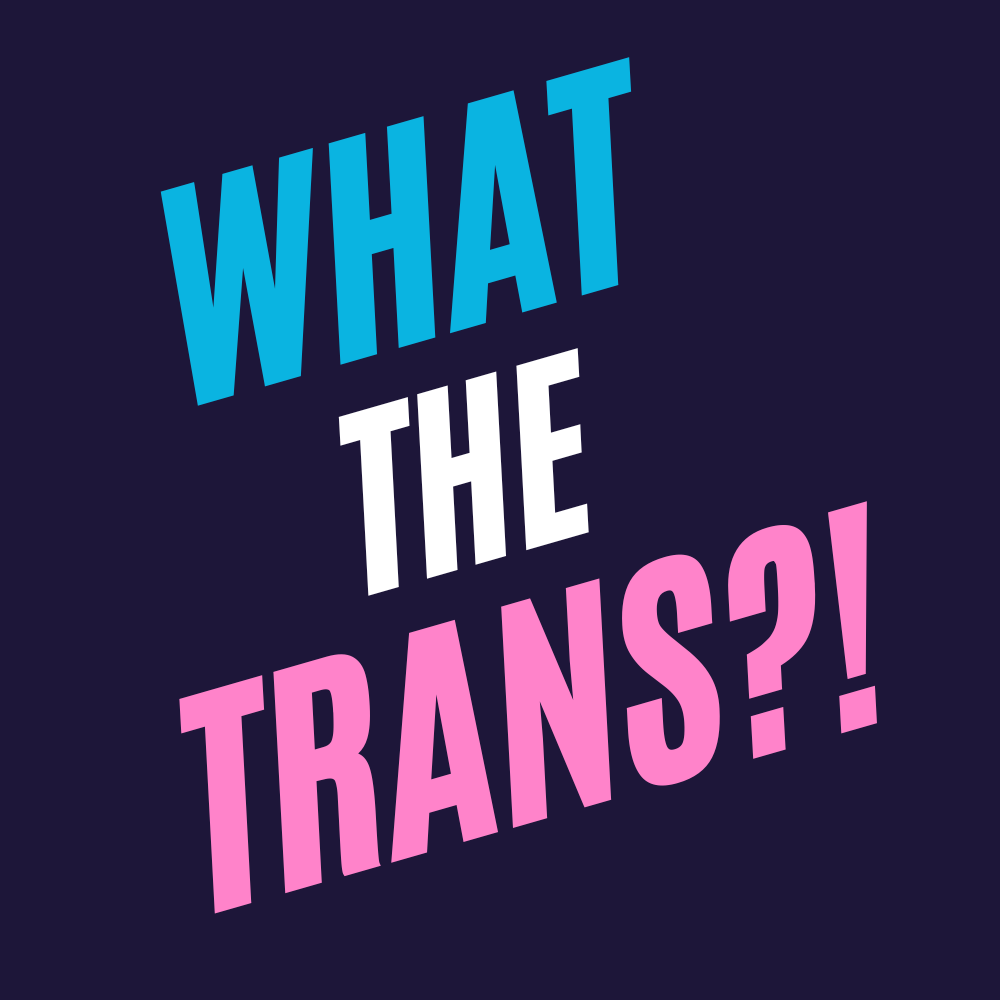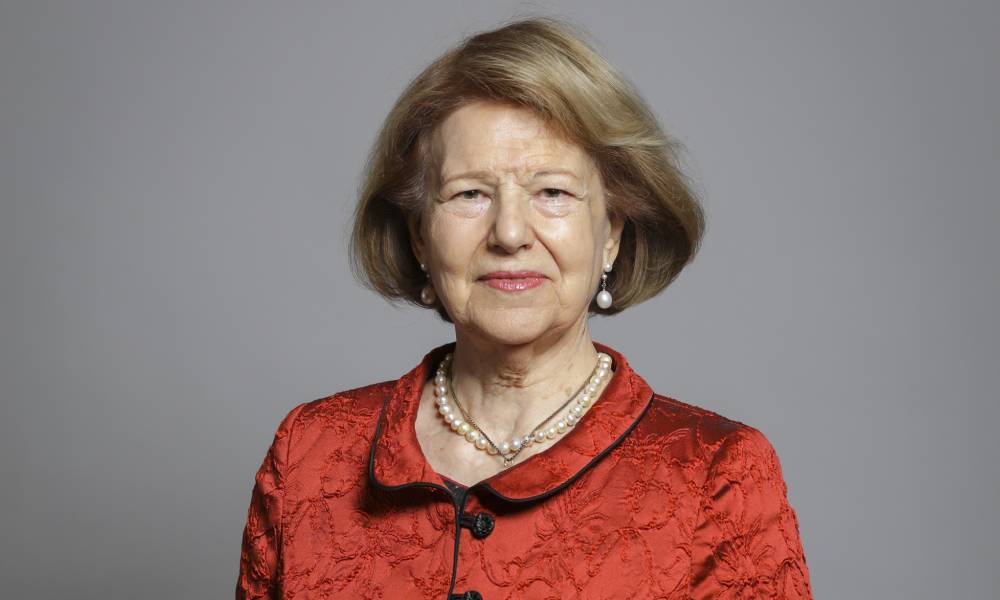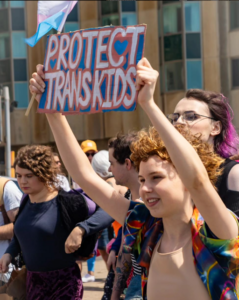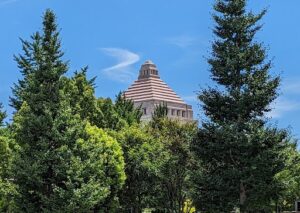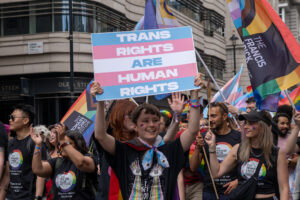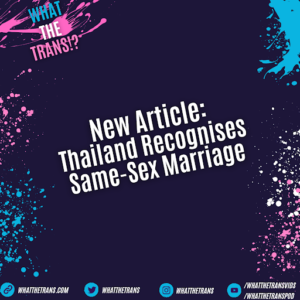Tory peer and major figure in the anti-trans “gender critical” (GC) movement, Baroness Emma Nicholson of Winterbourne faced questions from Twitter users Monday over her previous comments on lesbian parents after her comments on Lesbian Visibility week. Nicholson has previously made a number of failed attempts to introduce anti-trans amendments to legislation in the Lords, including an attempt to exclude trans women from single sex hospital wards and has been vocal in her view that trans women pose a threat to cis women.
Last Monday (25th of April 2021), Nicholson joined JK Rowling in mocking trans lesbian Alex Drummond for her appearance.
A number of Twitter users responded to this by pointing to Nicholson’s previous comments on lesbians, originally unearthed by Twitter user The Implausible Girl, in which she referred to the adoption of a child by two gay women as “adult sexual behaviour inflict[ing] a distorted lifestyle on children.” We contacted Nicholson to ask if she stood by these comments. She declined to comment on the issue to us, but we do note that she has previously attempted to explain this by stating that “society and science have moved on”

Nicholson was a firm opponent of LGBTQ+ rights throughout the 1980s and 1990s, supporting the infamous section 28 to the Local Government Bill 1988, which effectively banned local authorities and schools from challenging anti-LGBTQ+ prejudice and left teachers fearful that they would be prosecuted if they merely reassured LGBTQ+ students that there was nothing wrong with them, due to a prohibition on “the teaching in any maintained school of the acceptability of homosexuality.”
A timeline of Nicholson’s votes on LGBTQ+ rights
- During a 1987 parliamentary debate on section 28, an amendment was raised which would have added language to bar the section from being used to “prohibit the doing of anything for the purpose of discouraging discrimination against any homosexual person,” Nicholson was one of the 309 MPs who voted against this amendment. In the same debate, Nicholson also helped defeat an amendment that would have allowed sex education in the course of which an awareness of different sexual orientations may be taught.”
- In 1994 legislation was proposed that would either equalise the age of consent for gay and bisexual men or reduce it from 21 to 18; in both cases, Nicholson voted against ending a situation in which consenting adults were criminalised for having gay sex.
- In 1999, a proposal came before the House of Lords, again to equalise the age of consent for gay and bi men, Nicholson, now a peer, again opposed ending this clear case of homophobia in British law.
We contacted Nicholson regarding these decisions and asked her if she stood by her voting record, she declined to comment on the substance of any of the issues raised although she did send a response which we present below, without further comment.
PinkNews recently reported that Nicholson does not appear to know what the word “homophobe” means.
